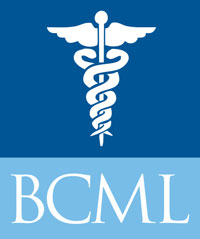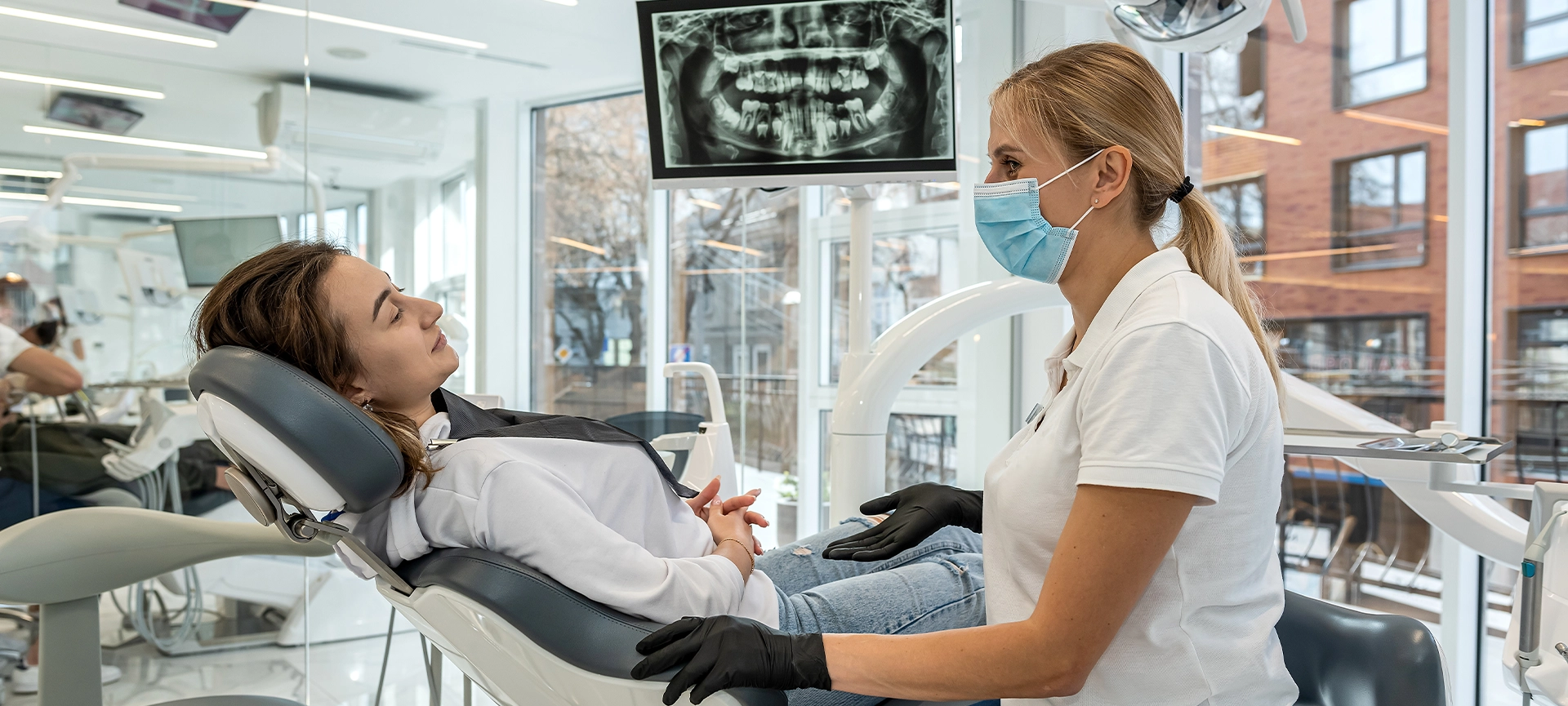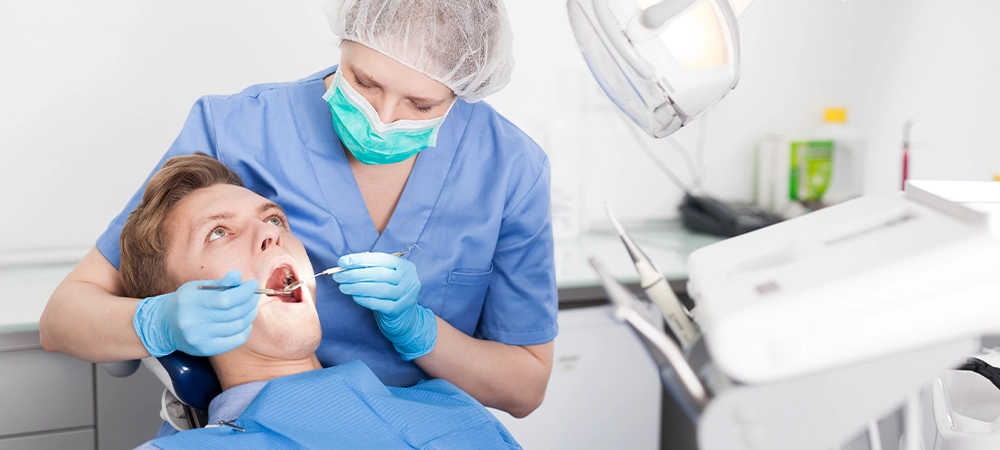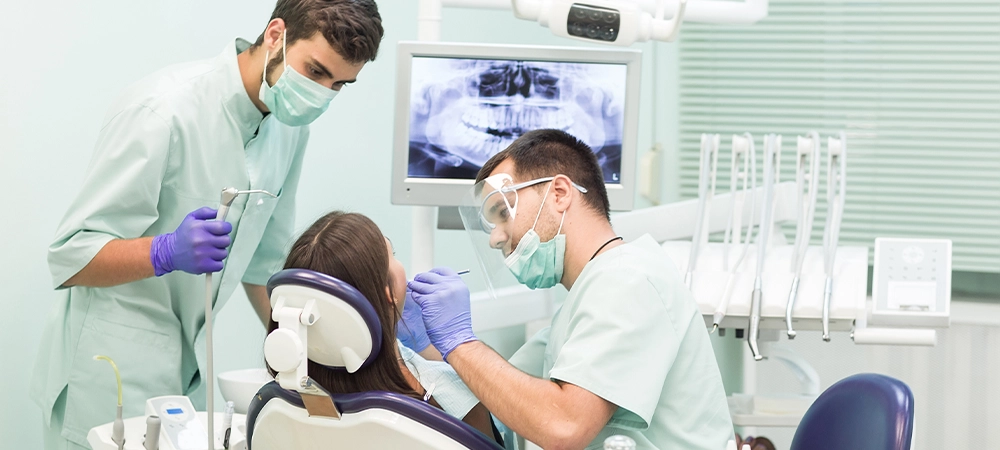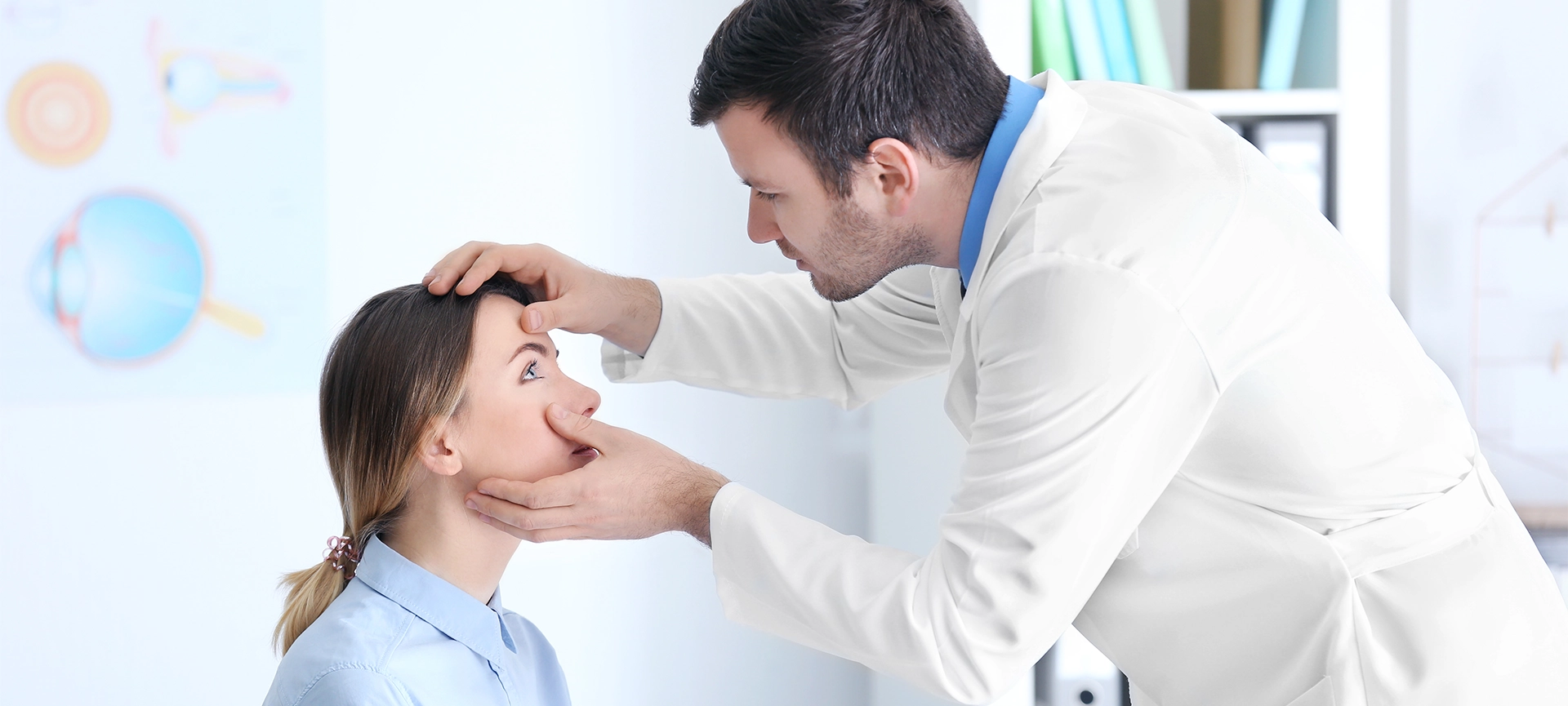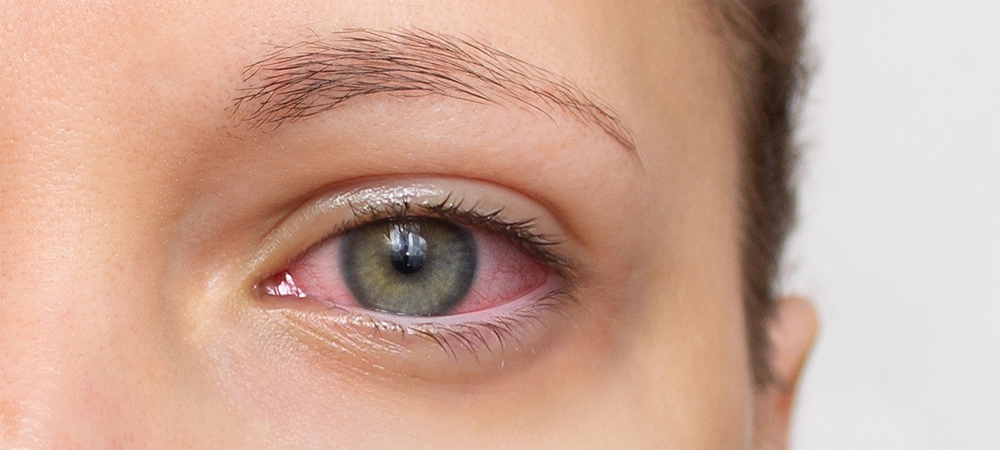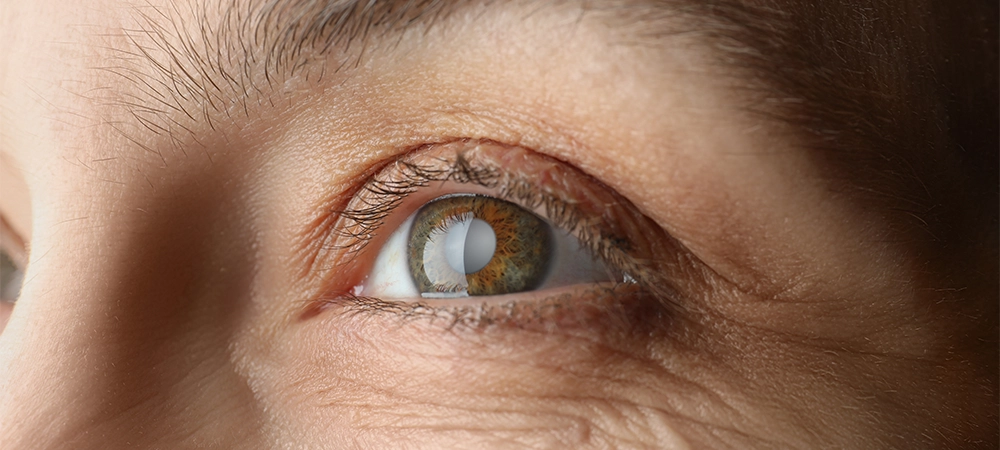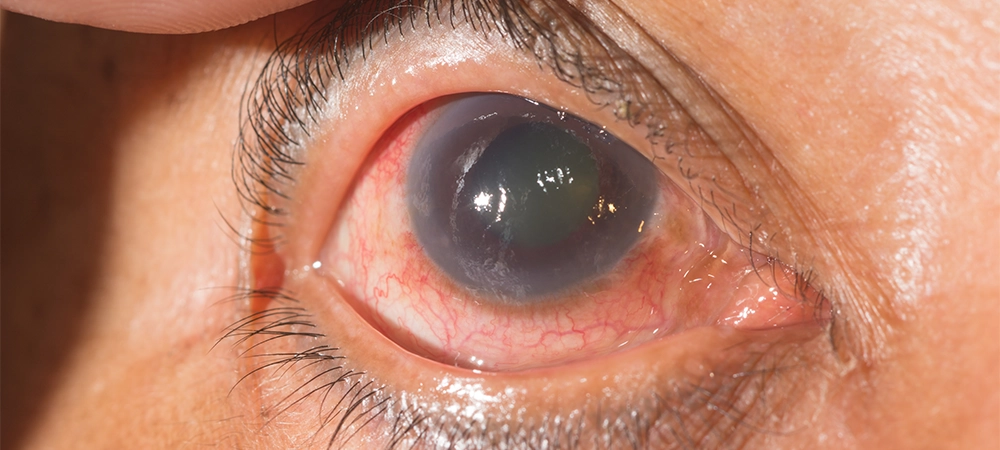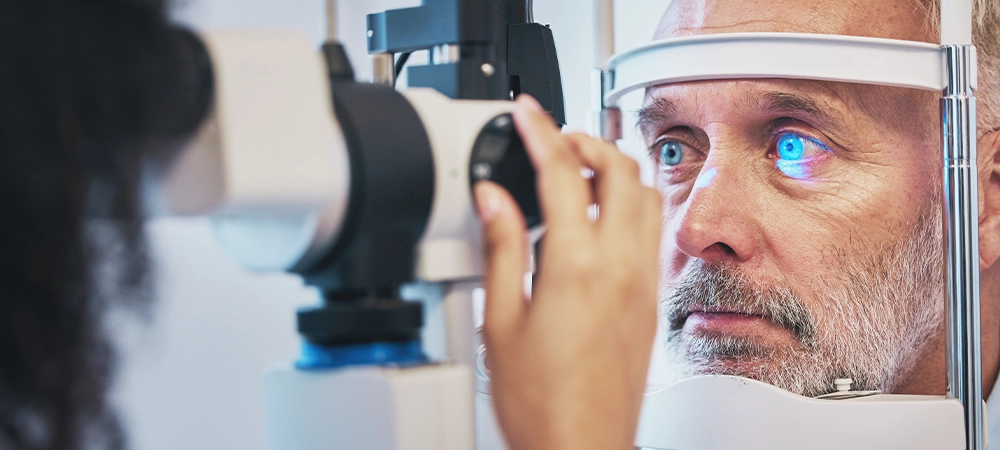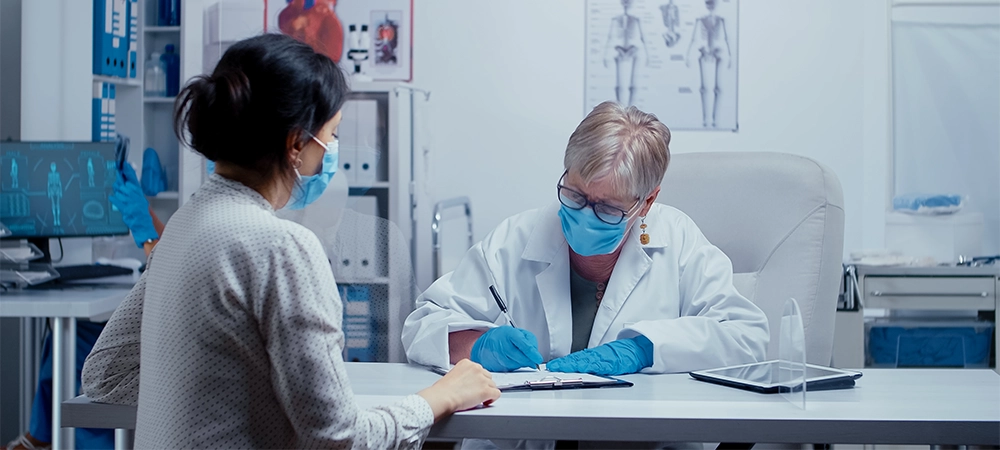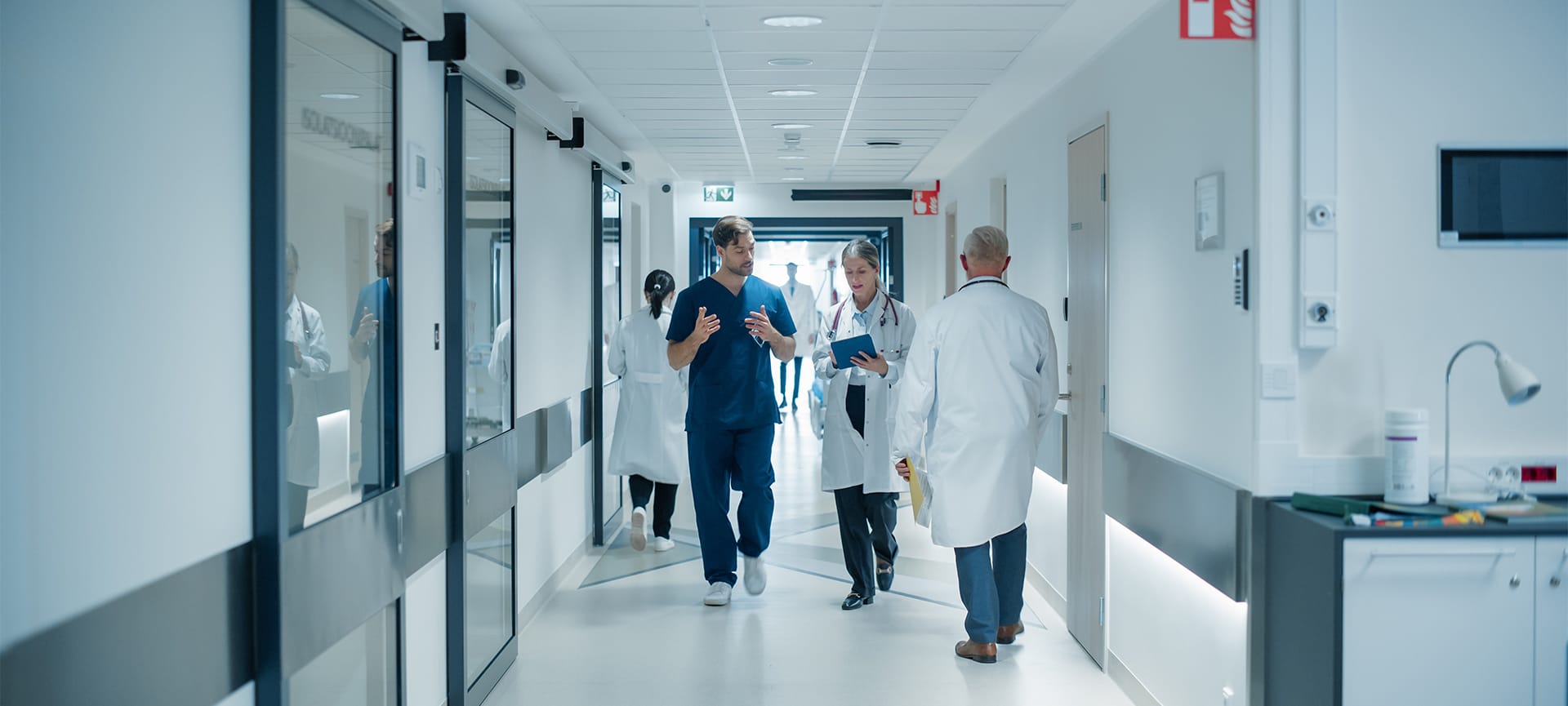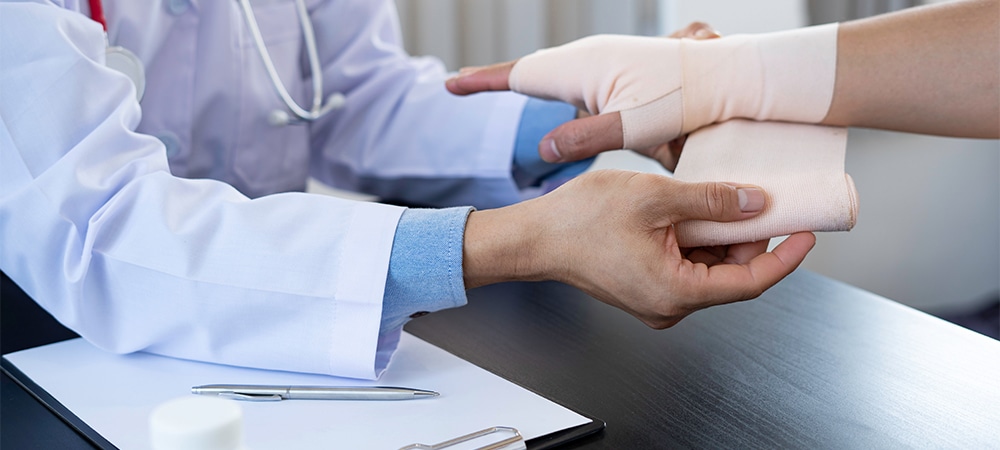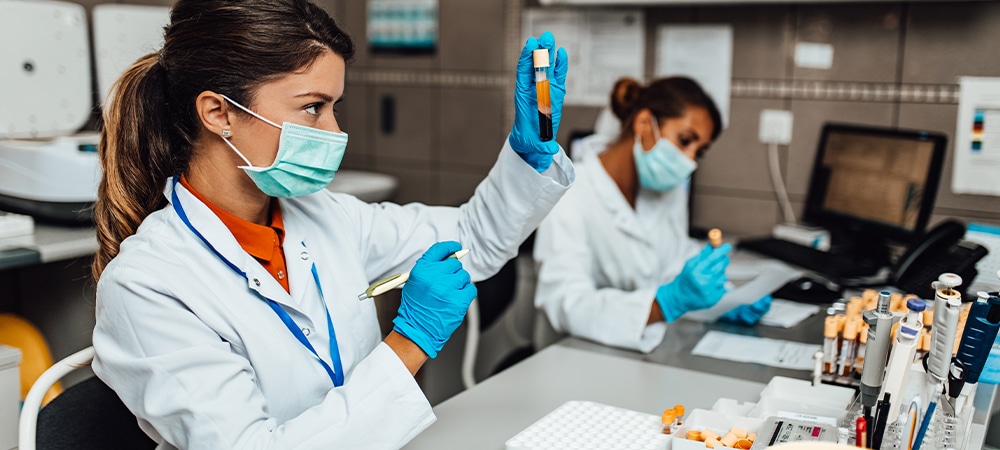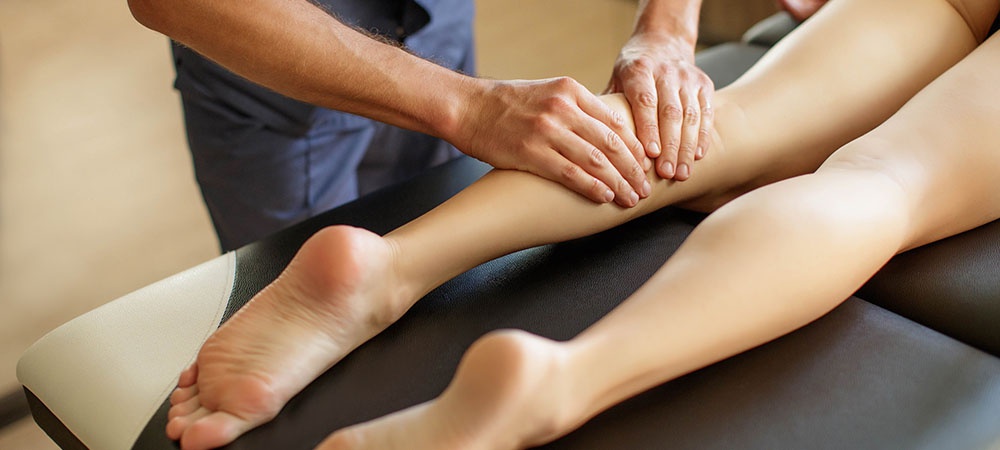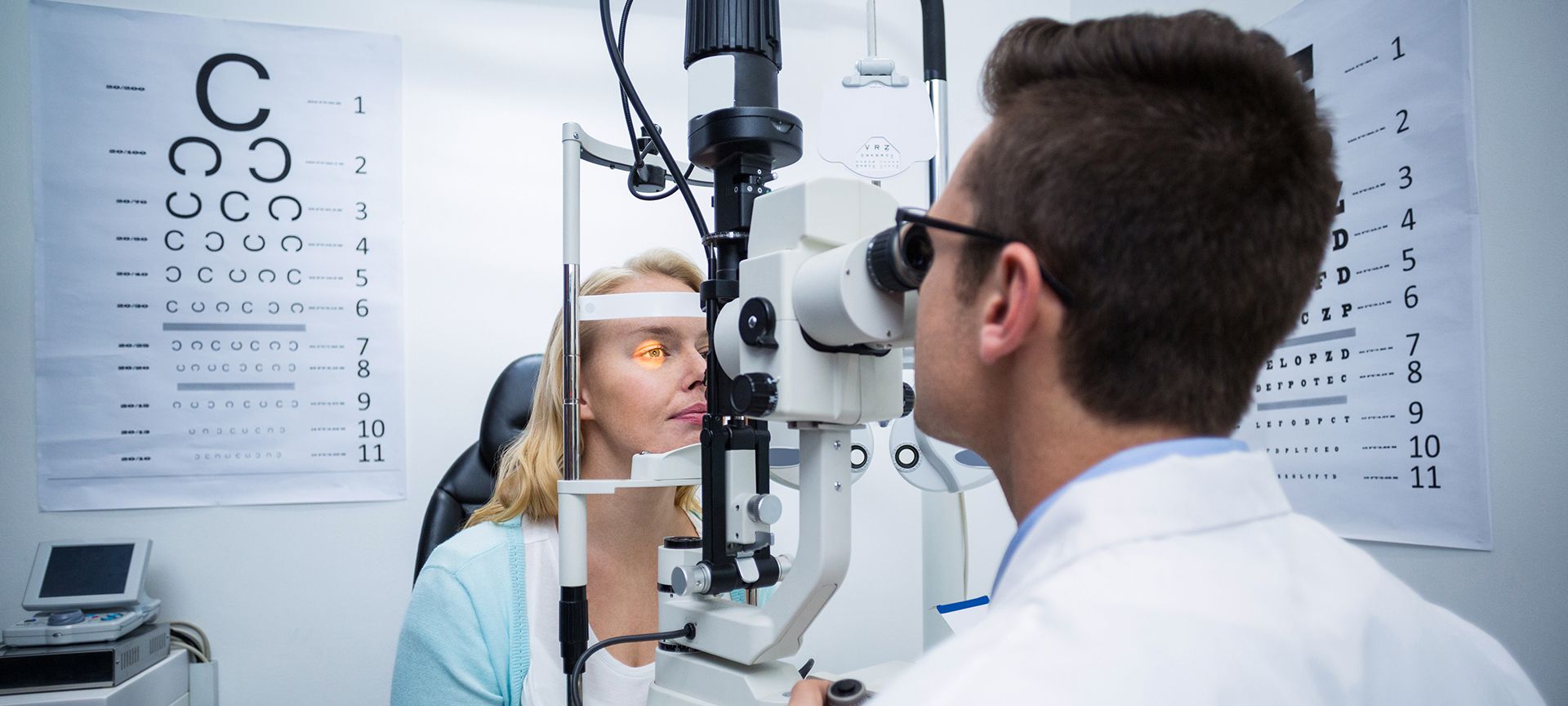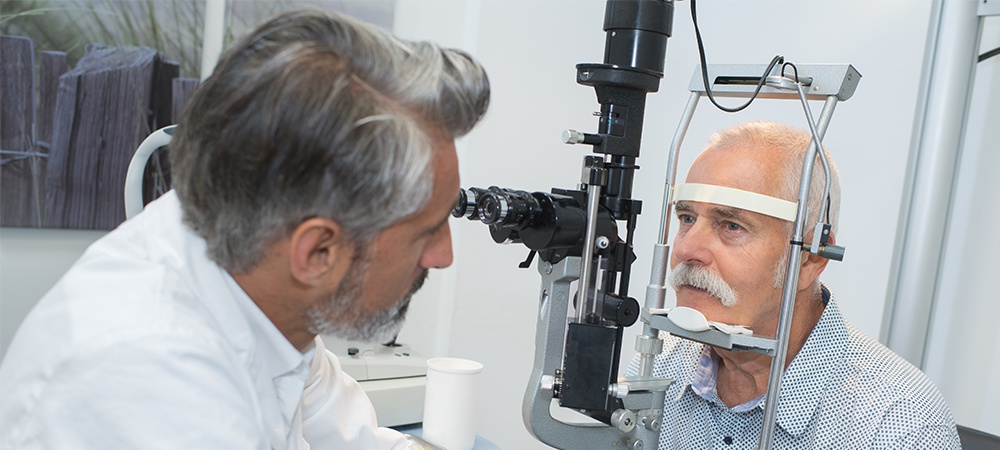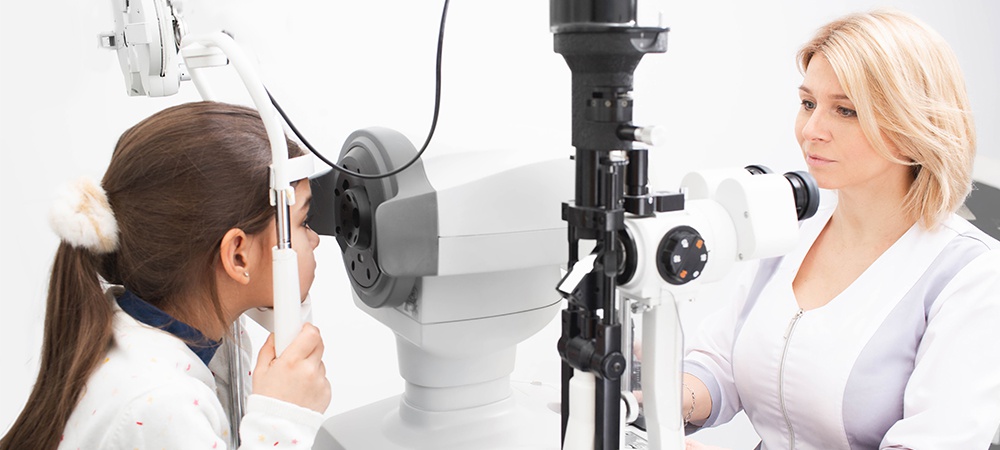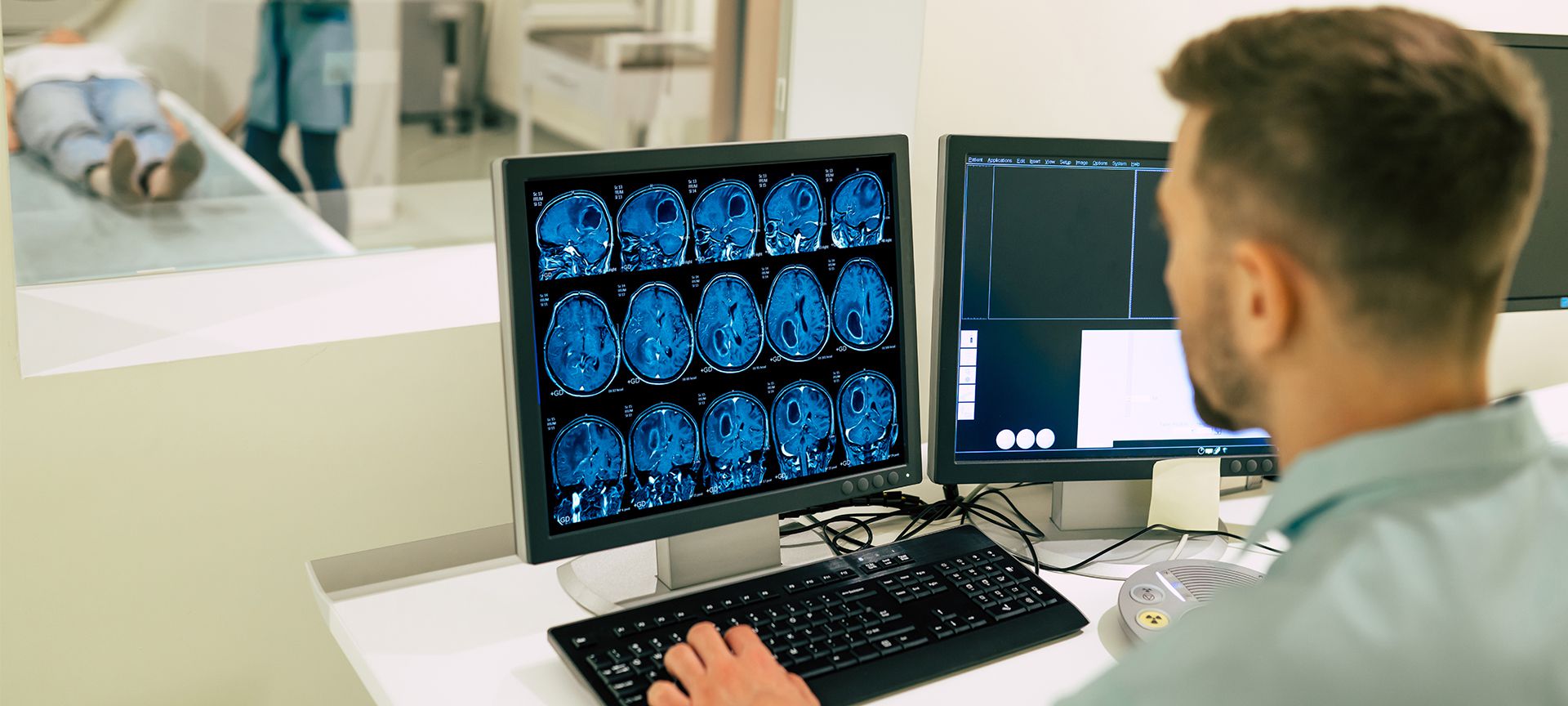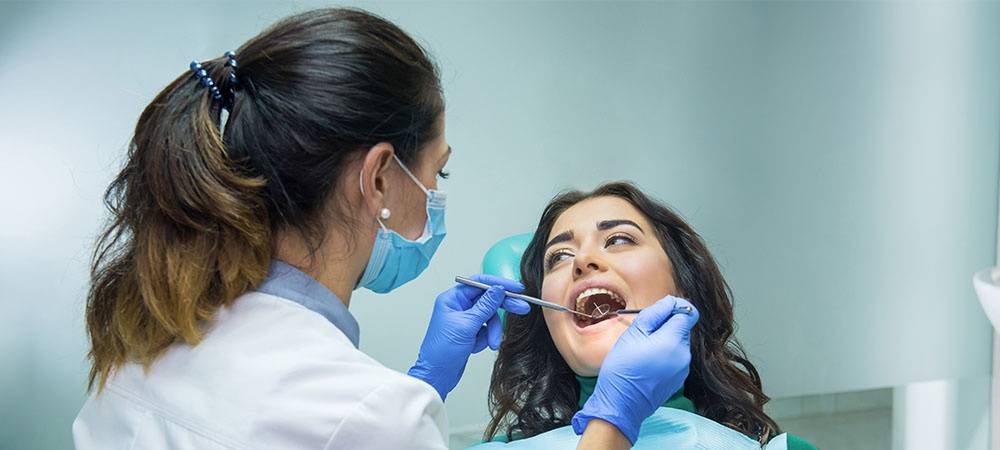Many people think of dental check-ups as something you do to avoid cavities or keep your smile clean. While that’s true, it’s only part of the picture.
Regular dental visits are about more than your teeth. They’re a key part of protecting your overall health. From detecting early signs of disease to reducing your risk of serious conditions like heart disease and diabetes, the dentist’s chair is more connected to your well-being than most realize.
At Lockwood Clinic, we treat dental care as an important part of our integrated approach to health. Here’s why keeping up with your dental appointments is a smart move for your whole body.
Related Article: The Link Between Oral Health and Heart Disease: What You Should Know
The Link Between Oral Health and General Health
Your mouth isn’t separate from the rest of your body. It’s a gateway to it.
Bacteria that build up in the mouth can travel into the bloodstream, contributing to inflammation and triggering or worsening other health issues. In fact, several studies have linked poor oral health to conditions like:
- Heart disease
- Stroke
- Diabetes
- Respiratory infections
- Pregnancy complications
Inflammation in the gums (gingivitis or periodontitis) doesn’t just stay local. It can raise systemic inflammation markers and increase risks in other areas.
What Happens During a Routine Dental Check-Up?
A check-up is more than a quick glance at your teeth.
A standard visit at Lockwood Clinic’s dental department usually includes:
- Medical and dental history review
- Oral exam to check for decay, gum issues, lesions, and abnormalities
- Professional cleaning (removal of tartar and plaque buildup)
- X-rays, if needed, to spot deeper issues
- Assessment of jaw, bite, and oral cancer screening
Each of these steps plays a role in identifying issues early, often before they cause pain, cost, or complications.
Related Article: Dental Care Beyond Brushing: Exploring Preventive Dentistry and Dental Treatments
Catching Problems Early = Less Pain, Lower Cost
Dental issues tend to build silently. Cavities, for instance, don’t usually hurt until they’ve grown. Gum disease might not cause noticeable symptoms until it’s advanced. By that point, you might be facing root canals, extractions, or more complex care.
Regular check-ups:
- Spot decay before it spreads
- Catch gum disease before it leads to tooth loss
- Detect oral infections early
- Prevent abscesses or costly emergency visits
Put simply, the earlier it’s caught, the easier (and cheaper) it is to fix.
Gum Disease and Systemic Health Risks
Periodontal disease is a chronic gum infection that affects nearly half of adults over 30. Left untreated, it can destroy bone and lead to tooth loss — but the effects don’t stop there.
Research shows links between periodontal disease and:
- Increased risk of heart attack
- Worsening diabetes control
- Higher risk of dementia
- Low birth weight in babies
Regular dental visits are the first line of defence against gum disease. Cleanings remove tartar that toothbrushes can’t, and early gum issues are often reversible with the right care.
Oral Cancer: Early Detection Saves Lives
Every check-up includes an oral cancer screening. And that’s more important than many people realize.
Oral cancers can develop on the tongue, cheeks, roof of the mouth, and throat. They often go unnoticed in early stages, especially if you don’t smoke or drink. But they still happen.
The 5-year survival rate for oral cancer jumps from 50% to over 80% when it’s caught early.
Your dentist isn’t just cleaning your teeth. They’re potentially saving your life.
Related Article: The Importance of Regular Dental Checkups: Preventing Cavities and Other Oral Health Problems
Dental Health and Chronic Conditions
Your dentist can also help manage or alert you to broader health issues.
Diabetes
Gum disease can make blood sugar harder to control, and people with diabetes are more prone to oral infections. Regular dental care helps spot and manage this two-way relationship.
Heart Disease
Ongoing oral inflammation may contribute to heart problems. Treating periodontal disease can reduce inflammation throughout the body, easing the burden on your cardiovascular system.
Osteoporosis
Loose teeth or receding gums may be an early sign of bone loss. Dental X-rays can sometimes catch what other scans miss.
Mental Health, Confidence, and Quality of Life
Beyond the medical links, regular dental care supports your mental health and self-esteem.
- Clean teeth reduce bad breath and social anxiety
- A healthy smile boosts confidence in both personal and professional settings
- Dealing with dental pain or missing teeth can cause emotional distress, preventable with routine care
For many patients, keeping their oral health in check means staying confident, comfortable, and connected.
Why Dental Visits Should Be Part of Your Health Routine
You wouldn’t skip your annual physical. Your teeth deserve the same level of attention.
We recommend a check-up every six months, though your dentist may adjust that based on your needs. Certain conditions, such as diabetes, pregnancy, or gum disease, may require more frequent monitoring.
At Lockwood Clinic, your dental visit is part of a larger care network. Because all services (medical, diagnostic, and dental) are under one roof, we can coordinate care more efficiently, with better follow-up and communication.
What If You Haven’t Been in a While?
Many people delay dental visits due to anxiety, cost, or simply being busy. The truth is it’s never too late to come in.
Our team is trained to treat all patients with respect without judgment and lectures. We focus on what we can do now to improve your oral health moving forward. Whether it’s been 6 months or 6 years, we’ll help you get back on track.
The Lockwood Clinic Advantage
Lockwood Clinic is a well-established walk-in medical facility located in downtown Toronto. It offers a broad range of services, including:
- Family medicine
- Walk-in care
- Physiotherapy
- Optometry
- Dental services
- Audiology
- X-rays and diagnostic imaging
- Onsite pharmacy
We focus on accessible, patient-centred care, without requiring appointments for most services. We’re known for compassionate service, convenience, and multidisciplinary collaboration.
Book Your Dental Check-Up Today
Oral health is whole-body health. And keeping your mouth in shape helps protect everything from your heart to your confidence.
Don’t wait until something hurts. Regular dental check-ups are a small investment with a big return for your smile and your health.
Visit us in downtown Toronto today, or call to book your dental check-up. Let us help you stay healthy, from teeth to toes.
